Ladies, we all know how uncomfortable sweating can be, especially when it’s excessive. But did you know that excessive sweating can be a symptom of polycystic ovary syndrome (PCOS)? This blog will delve into the World of PCOS and sweating and share some tips on managing this pesky problem.
PCOS and Sweating
Excessive sweating is a common symptom of PCOS, and it can occur in various parts of the body, such as the underarms, palms, feet, and face. This sweating is caused by an overactive sympathetic nervous system, which regulates our body’s temperature and sweating response. The increased androgens in women with PCOS can stimulate the sweat glands, leading to excessive sweating.
Impact on Daily Life
Excessive sweating can significantly impact the daily life of women with PCOS. It can cause embarrassment, affect self-esteem, and lead to social anxiety. It can also make it challenging to participate in physical activities or wear certain types of clothing, such as tight-fitting shirts or dresses.
How to Manage PCOS and Sweating
Maintain a Healthy Lifestyle
Maintaining a healthy lifestyle can help manage PCOS and excessive sweating. A healthy diet and regular exercise can help control weight, reduce insulin resistance, and balance hormones. This, in turn, can reduce excessive sweating and other symptoms of PCOS. Drinking plenty of water and avoiding caffeine and alcohol can also help reduce sweating.
Use Antiperspirants
Antiperspirants can be an effective way to manage excessive sweating. They work by blocking the sweat glands and reducing the amount of sweat produced. Aluminium-based antiperspirants are the most effective but may cause skin irritation in some people. Natural antiperspirants that use ingredients such as witch hazel or tea tree oil are also available.
Wear Breathable Clothing
Wearing breathable clothing from natural fibres such as cotton can help reduce sweating. This type of clothing allows air to circulate through the body, which can help keep you cool and dry. It’s also essential to avoid tight-fitting clothing, which can trap heat and sweat against the skin.
Consider Medication
In some cases, medications may be prescribed to manage excessive sweating. These include anticholinergics, which block the chemical signals that stimulate sweat production, and beta-blockers, which reduce the activity of the sympathetic nervous system. However, these medications may have side effects and should only be used under the guidance of a healthcare professional.
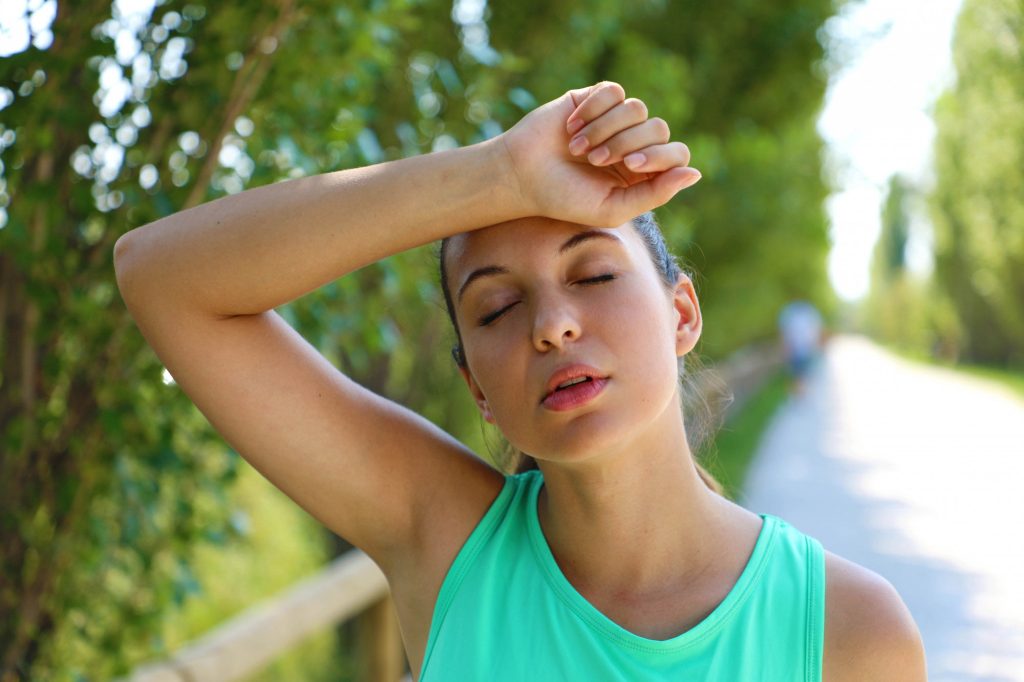
Conclusion
So there you have it, ladies. PCOS and excessive sweating may be a daunting duo, but fear not! You can stay calm and dry with lifestyle adjustments, diet changes, and some antiperspirant magic. Don’t let excessive sweating dampen your confidence or limit your activities. Take control of your PCOS and show that sweat who’s boss!




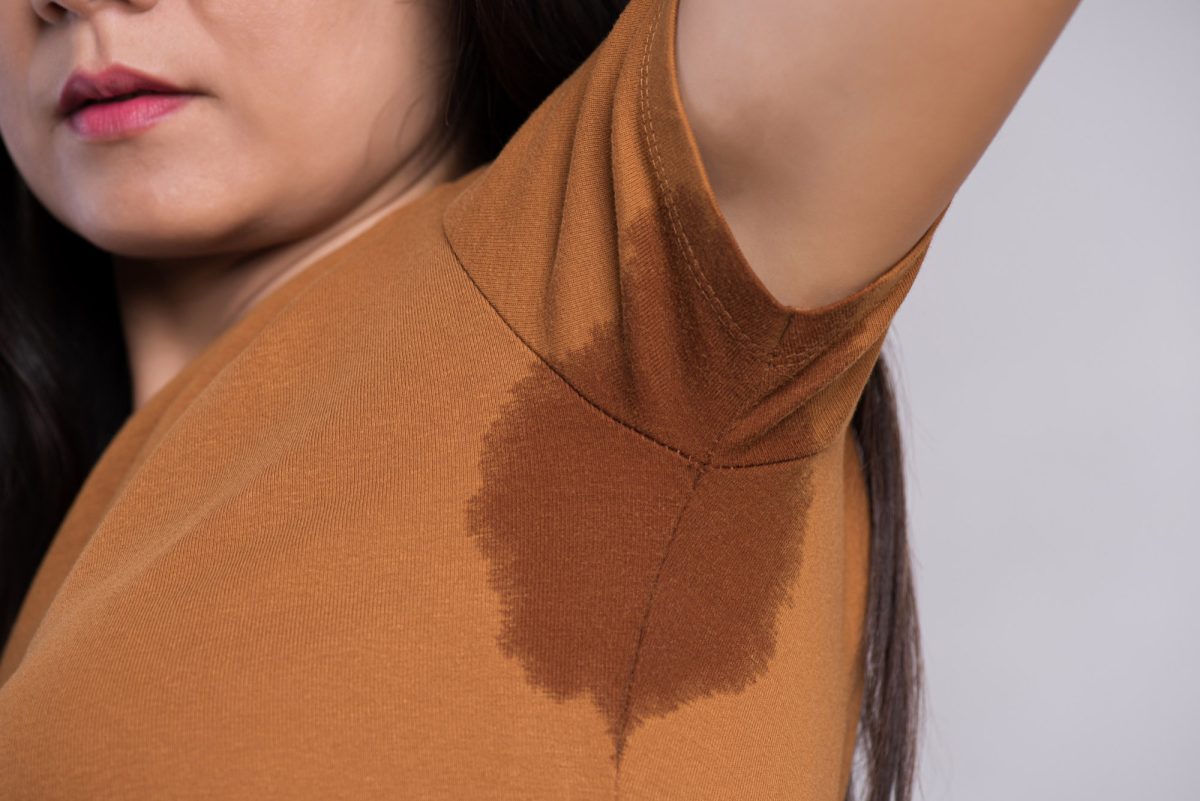

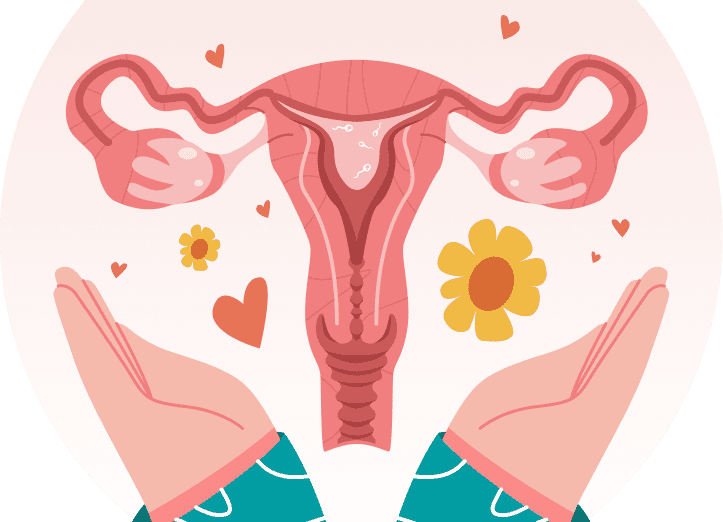
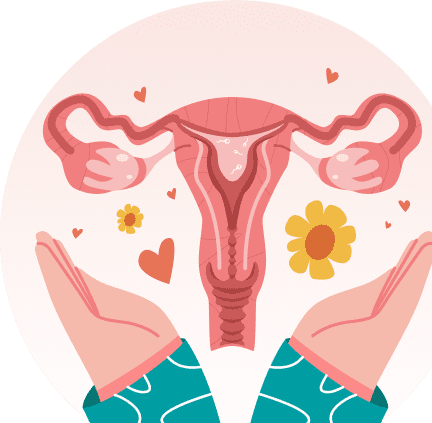
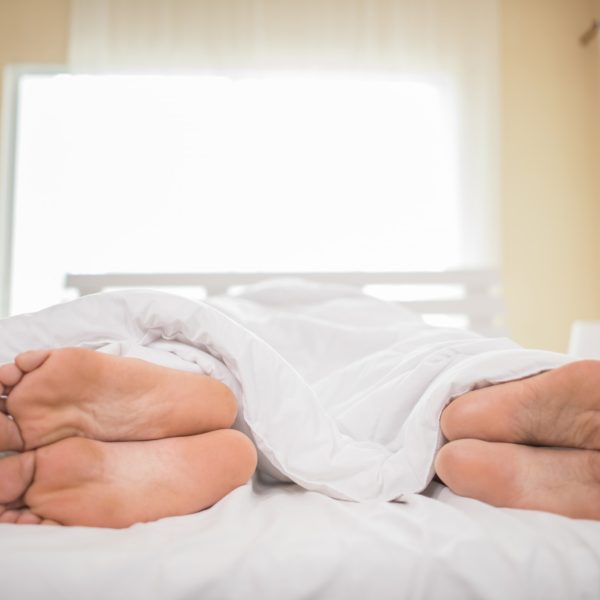








Share this article